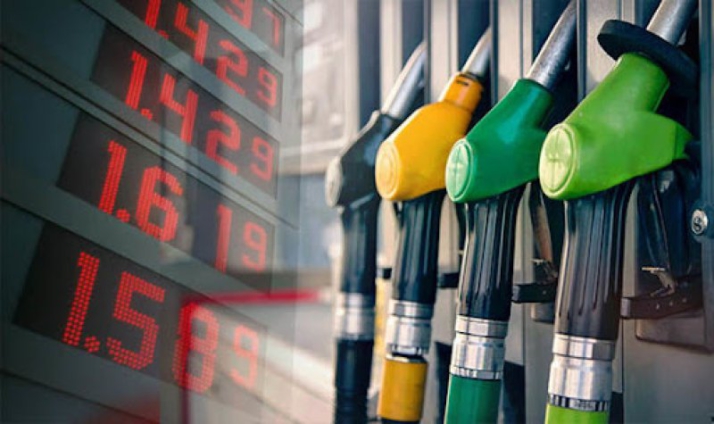Fuel prices are likely to hit GH¢7.0 per litre or more by the end of the year, the Institute for Energy Security (IES) has projected.
Global demand for fuel is expected to increase in the winter and that could trigger a hike in prices globally in the wake of limited supply, Mr Fritz Moses, a Research Analyst at the IES, said in an interview on Monday.
He said depreciation of the cedi against the dollar could also be a major catalyst in the projected increment in fuel prices.
“We don’t see prices decreasing anytime soon. With the expected increasing in demand on the international market in Europe, Asia and even in Africa, we think it will cause prices to increase.
“The supply from the oil-producing and exporting countries together with Russia, are unwilling to increase their production. They are sticking by their quota, which is releasing about 400,000 barrels per day on the market till April next year,” he said.
Mr Moses said, should that happen, prices would shoot up and that would reflect on the Ghanaian market by the end of the month and through to end of the year.
Fuel prices have been on a steady rise since April 2021, leading to persistent agitations among industry players and transport operators in the country.
Currently, a litre of petrol and diesel is selling at GH¢6.90 at the pumps.
As of November 19, 2021, the price of West Texas Intermediate (WTI) crude oil stood at $75.97 per barrel.
As part of measures to cushion the burden on consumers, the Government, last month, suspended the Price Stabilisation and Recovery Levy (PSRL) on petroleum products for two months, which took effect on November 1, 2021.
The levy imposed 16Gp per litre on petrol, 14Gp per litre on diesel and 14Gp per kilogramme on LPG.
However, Mr Moses said the IES’ assessment thus far showed that removal of the PSRL did not have any significant impact on fuel prices at the pumps.
He said the suspension of the PRSL was not sustainable given that the accumulated increments were more than the 16p/litre cost that the levy accounted for.
He said at the end of the first pricing window in November, the IES found that the depreciation of the cedi against the dollar was a major driver of the price increment, adding that prices on the world market had a marginal impact on prices on the local market.
“Largely, the rise in crude prices on the international market is not that substantial as the cedi depreciation. In some instances, when the prices are going up on the international market and the cedi is stable, the market BDCs and OMCs are able to maintain their prices,” Mr Moses said.
He, therefore, urged the Government to adopt sustainable measures by revamping the Tema Oil Refinery to boost local production capacity and to reduce dependency on the international market.
Latest Stories
-
At least 24 dead after two boats capsize off coast of Madagascar
8 mins -
Madina MP lauds White Chapel Youth Group for championing peace ahead of elections
20 mins -
Man United settle for draw at Ipswich Town in Amorim’s first game in charge
54 mins -
GPL 2024/2025: Prince Owusu screamer earns Medeama win over Young Apsotles
58 mins -
BBC visits mpox clinic as WHO says DR Congo cases ‘plateauing’
1 hour -
Burning old TVs to survive in Ghana: The toxic trade in e-waste
1 hour -
Perfume boss admitted he ignored Russia sanctions
2 hours -
Wicked proves popular as opening set to be biggest for Broadway film
2 hours -
Nominee for agriculture secretary completes Trump cabinet
2 hours -
ECG urges prepaid customers to top up to last one month ahead of system upgrade
2 hours -
Three more tourists named in Laos methanol deaths
3 hours -
Betway Africa offers a once-in-a-lifetime ‘Play-on-the-Pitch’ experience at Emirates Stadium
3 hours -
The rise and fall of Matt Gaetz in 8 wild days
3 hours -
School Feeding Programme: Bono East NIB seizes smuggled rice, arrest driver
3 hours -
Dr. Razak Opoku: Despite challenges, facts and data still prove NPP is better manager of the economy than NDC
3 hours

